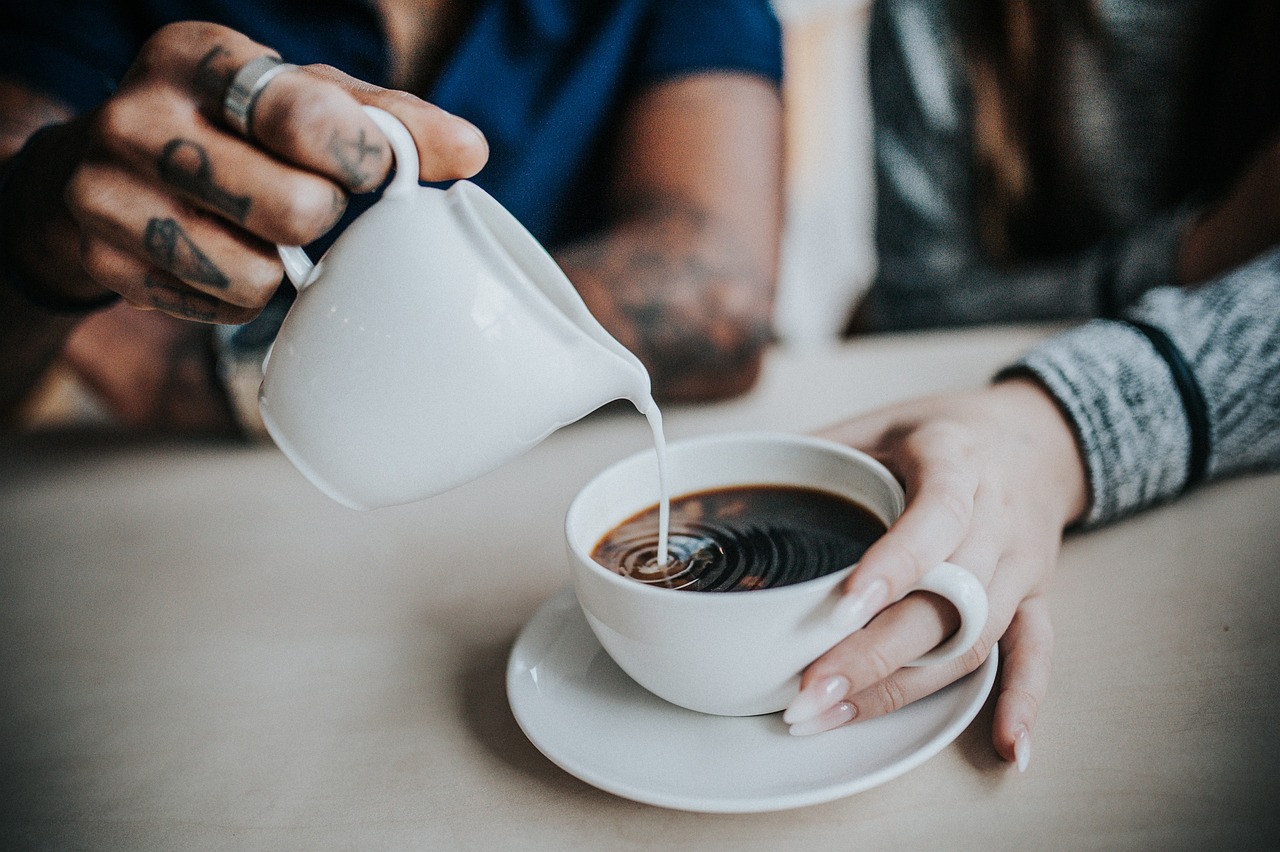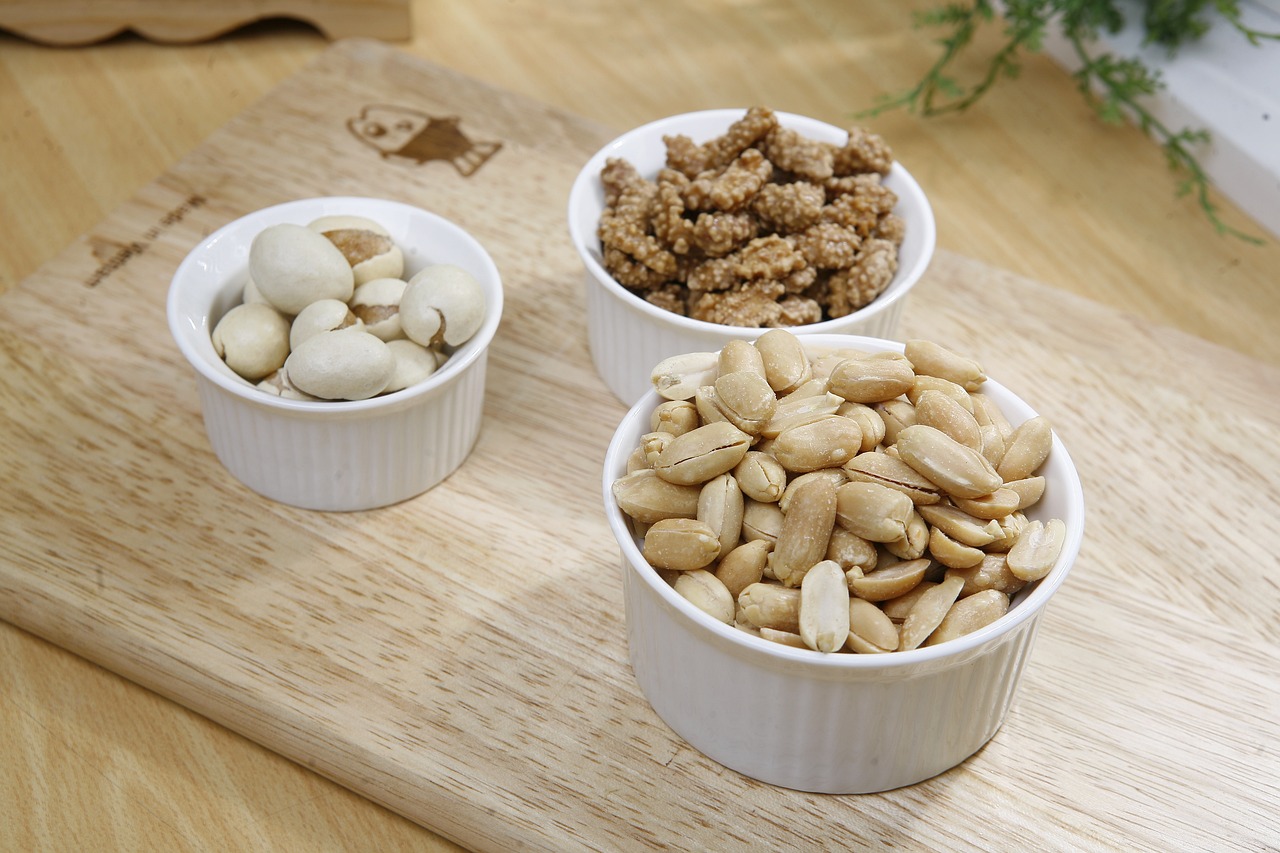Creating optimal sleep conditions in nursing homes - a guide for the entire team
This article is translated with AI and written based on Swedish conditions. Hopefully, it can inspire interested parties from other countries.
Good sleep hygiene in nursing homes requires a team effort where the resident is part of the team. It combines physical environment, circadian rhythm, individual needs, and professional collaboration. By systematically working with these factors, the quality of sleep can be significantly improved.
Sleep Hygiene in Elderly Homes - A Holistic Approach for Better Nights
It's so easy to think of sleeping pills when a resident at the elderly home has difficulty sleeping. With the sleeping pill comes an increased risk of side effects, falls and sometimes even increased fatigue during the day. There are many good complements to medication management when it comes to conditions for a good night's sleep.
The Importance of the Physical Environment
Sleep quality is affected by several physical factors:
- The noise level at the residence during nighttime
- Temperature and ventilation in the bedrooms
- Lighting both before bedtime and during the night
- Bed comfort and customization to individual needs
Daily Rhythm and Habits
Maintaining a natural circadian rhythm is crucial:
- Daylight exposure during waking hours
- Meal times that support the internal clock
- Customized physical activity during the day
- Relaxation routines before bedtime
Common Challenges and Solutions
Confusion and Disorientation
Nightly unrest can be reduced by:
- Clear daily rhythm markers during the day
- Customized lighting that reduces disorientation
- A familiar sleeping environment
- A "Särö-bomb" type of night meal, i.e., a calorie-rich night meal can facilitate falling asleep and contribute to good sleep.
Investigation of Sleep Difficulties
A nurse can prescribe a sleep recording schedule, review nutrition, incontinence protection, and together with a doctor carry out a medication review to ensure that drug treatment is optimal from a sleep perspective.
An occupational therapist can review daytime activities for the resident so that the resident gets enough daylight and exercise to naturally be tired at night. Can also check that the bed equipment is adjusted to the resident's needs and desires.
A physiotherapist can investigate, assess and treat any pain issues that may disturb night sleep.
The manager can ensure that there is lighting that can be dimmed or automatically adjusted according to the time of day.
Care assistant/nursing assistant records and possibly also registers in a sleep schedule the resident's sleep habits and what disturbs or facilitates the evening process for the resident. Remind about toilet visits and offer night meals, help with oral hygiene, change of incontinence material, check any alarms, etc.
Practical Tools for Better Sleep
Sleep is for most people a part of everyday life. For those who have a disturbed night's sleep, it becomes part of the health and medical care at the unit. It is important that the different professions make a joint and coherent health plan and that the work is carried out in cooperation in the team. When changes are made, it is good to do one thing at a time and to evaluate the effect. Sleep recording over a period facilitates to see what works.
Hunger, pain and/or lack of activation during the day can often contribute to poor sleep at night. It is therefore important that sleep problems are not something that is only a problem to solve for the night staff.
Reflection Questions - Sleep Hygiene
Care Staff:
- What signs of good sleep quality are you looking for?
- How can you adapt your night work for better sleep?
Manager, Nurse, Occupational Therapist, and Physiotherapist:
- How do you collaborate around sleep-promoting measures?
- What structural obstacles do you see for good sleep hygiene?
Resident and Relatives:
- Which sleep habits are important to preserve?
- How can you contribute to creating better sleep conditions?
Erland Olsson
Specialist nurse
Sofrosyne - Better care every day

Aktuellt i media
-
2025-04-14 04:00
08 Förebyggande o lokaler
The art of furnishing a nursing home, a balancing act between homeliness, functionality, and hygiene aspects.
info -
2025-04-10 04:00
04 Bemötande
Waking up in a nursing home - is the morning routine adapted to each individual's needs?
info Bild: Pixabay
Bild: Pixabay -
2025-04-07 04:00
09 Mat och måltid
For the elderly, it is often important to eat many snacks in order to get enough nutrition.
info Bild: Pixabay
Bild: Pixabay -
2025-04-03 04:00
04 Bemötande
What creates safety in elderly care homes - advice and tips on creating a secure environment for the residents
info -
2025-04-01 00:00
10 Aktivitet o funktionsbevarande arbetssätt
Reminiscing, working with memories, is an activity that creates a lot of added value for people with dementia.
info - 2025-03-31 04:00 05 Planering

